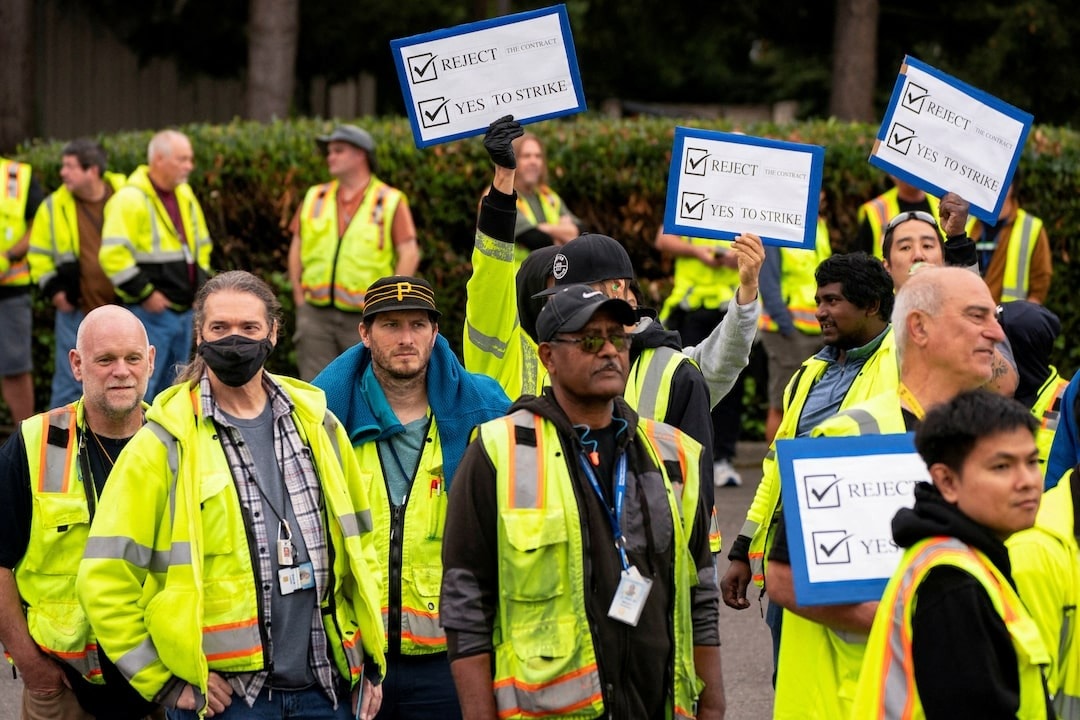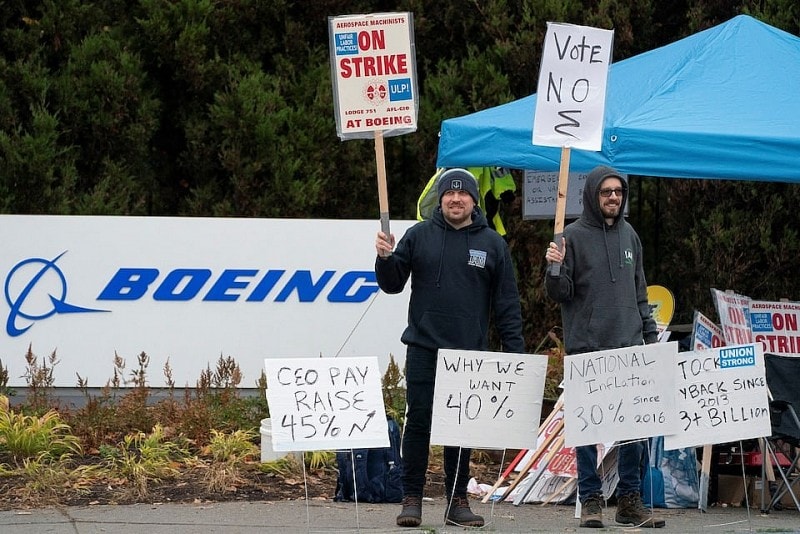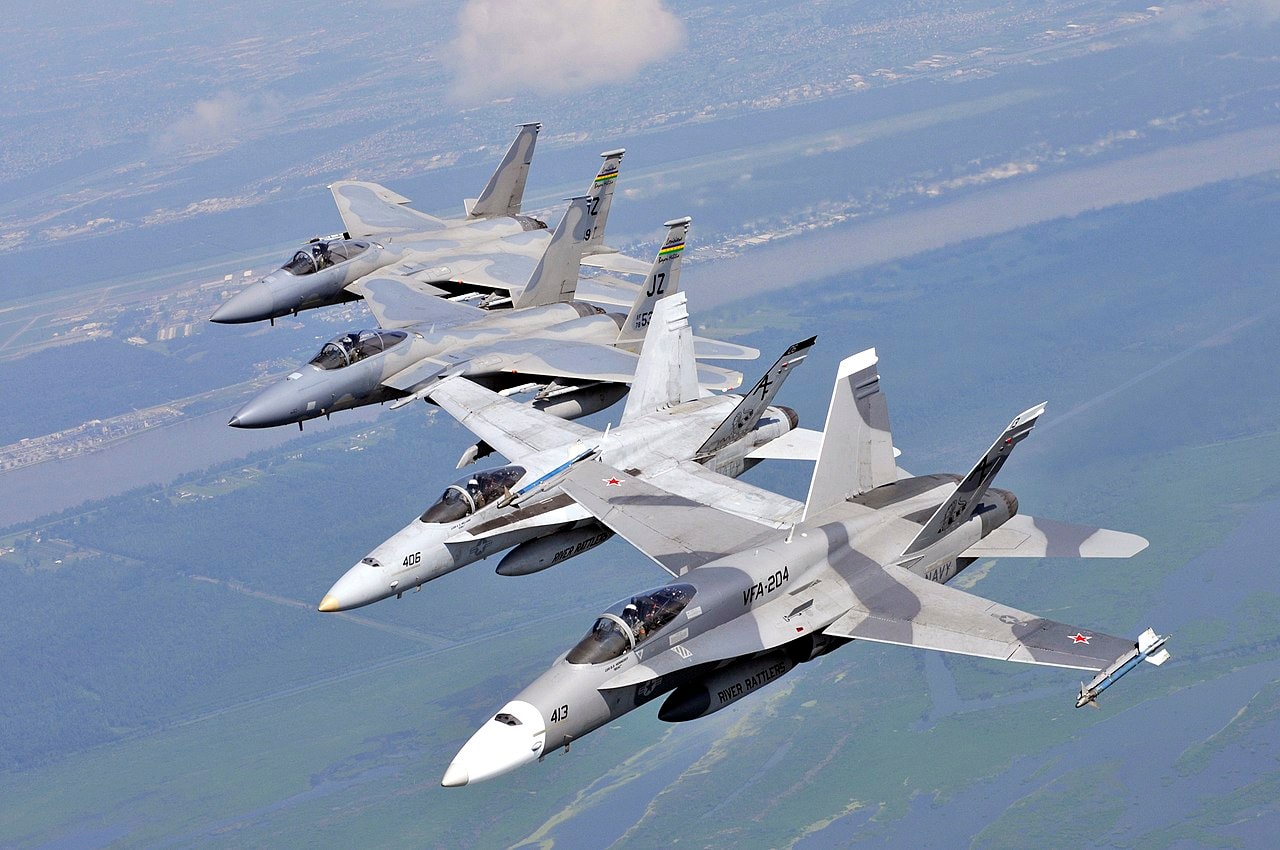More than 3,000 Boeing workers went on strike
3,200 workers at Boeing factories in Missouri and Illinois began striking after rejecting a new contract proposal, demanding clearer benefits.
Boeing workers strike after failure to reach labor contract agreement
Since midnight on Monday local time, more than 3,000 Boeing workers at three facilities in St. Louis, St. Charles (Missouri) and Mascoutah (Illinois) have officially gone on strike, after negotiations with the company on a new labor contract failed to reach a final agreement.

The strike was organized by the International Federation of Aerospace and Metalworkers, District 837 (IAM District 837), which represents engineers and machinists who build fighter jets, defense systems and missile technology at Boeing factories.
"This is about respect, not empty promises"
In the announcement posted on social networking platform X, IAM representative emphasized:
"The strike is not simply about money, it is about respect and professional dignity."
Earlier, at the end of July, union members voted overwhelmingly to reject Boeing's proposed revised contract, causing the old labor contract to officially expire just before midnight on July 27.

Boeing responds: “Alternative scenario prepared”
Dan Gillian, Boeing's vice president and general manager of Strategic Air Power, said in an email to NPR that the company was "disappointed" that the contract proposal was rejected, even though it included:
Average salary increase of 40%
Adjust the shift structure to be more flexible
However, Boeing also confirmed that it has a plan to respond to strikes, ensuring operations at factories are maintained by the non-striking workforce.
Aircraft and weapons lines affected
According to information from IAM, the striking workers are working at three factories that assemble and maintain important lines of military equipment, including:
F-15 and F/A-18 fighter jets
Missile defense system
Defense technology serving US national security

The strike is raising concerns about production schedules and supply chains in the defense sector, especially in the context of a volatile global security situation.
Labor tensions escalate in the defense industry
Sam Cicinelli, IAM's Midwest regional vice president, said workers are key to ensuring national security and therefore deserve a fair contract that protects their families' futures and recognizes their high level of expertise.
The strike is the latest example of a growing labor movement at major US corporations, where the gap in expectations between workers and management is becoming increasingly evident.
Although Boeing had been preparing for a possible strike, the latest development could still affect the progress of US weapons and fighter jet production. With more than 3,000 workers rejecting a new contract and demanding more than just higher wages, the confrontation between workers and the aerospace giant shows no signs of abating.






